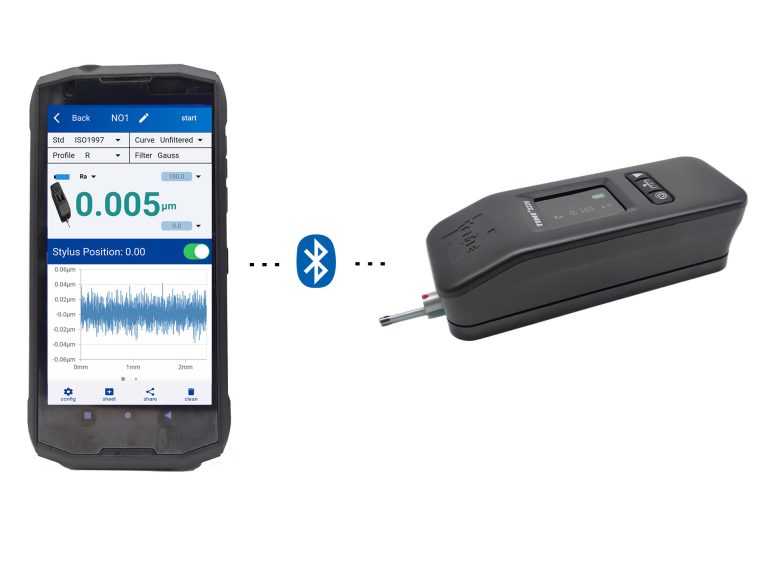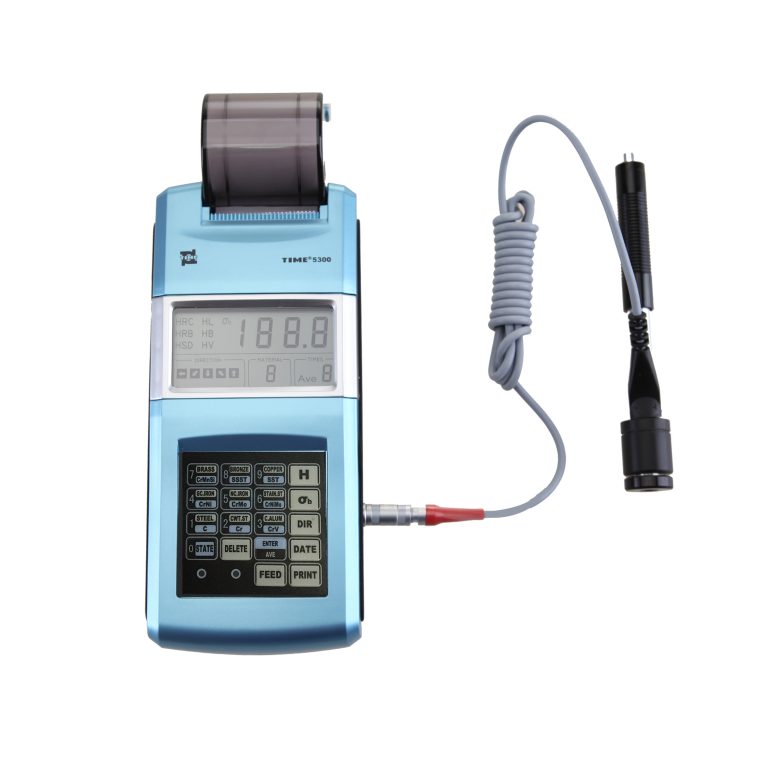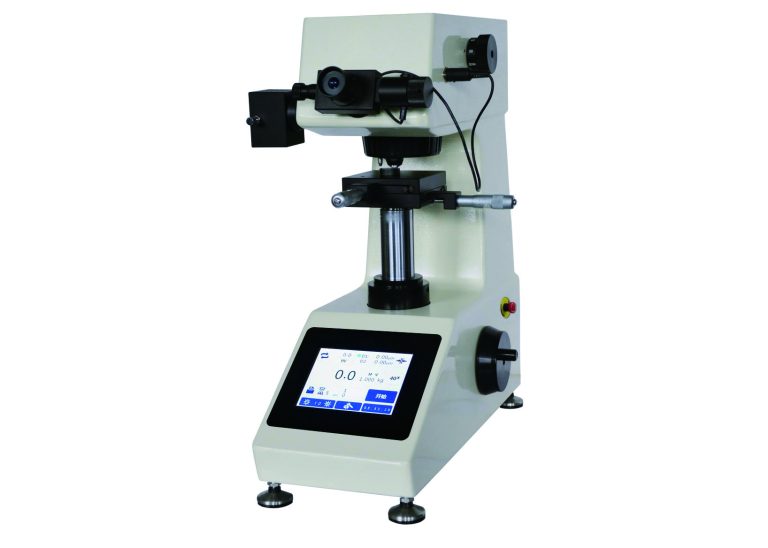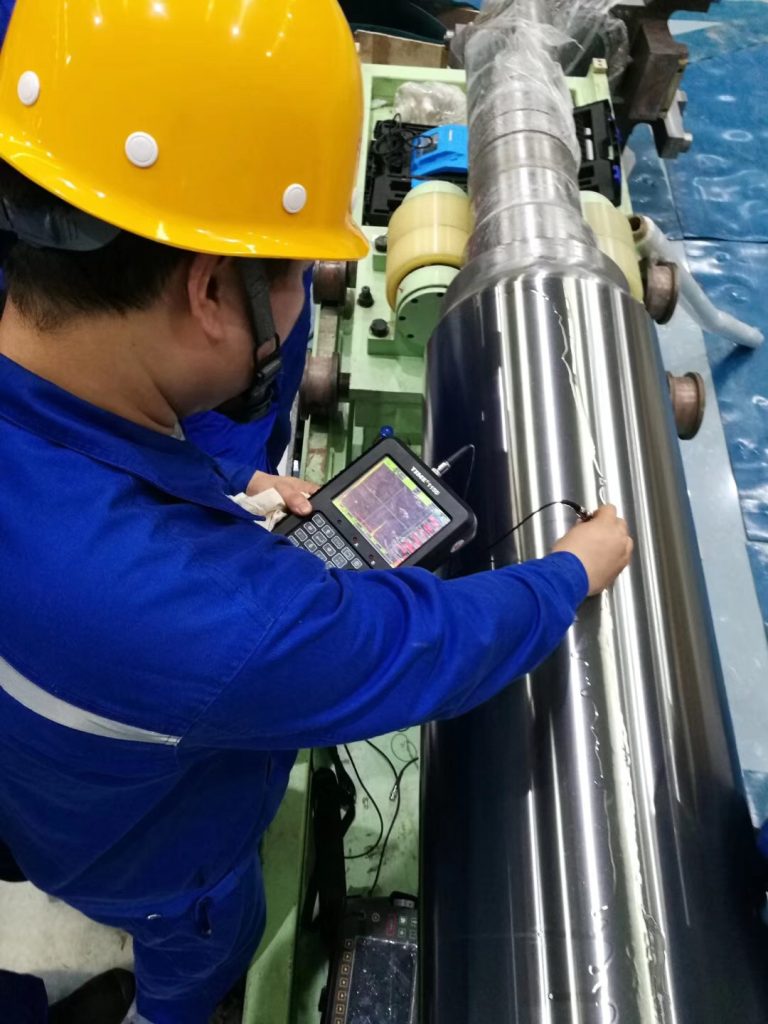In today’s fast-paced manufacturing environment, ensuring the quality of materials is paramount. One of the critical assessments in quality control is hardness testing, which measures a material’s resistance to deformation.
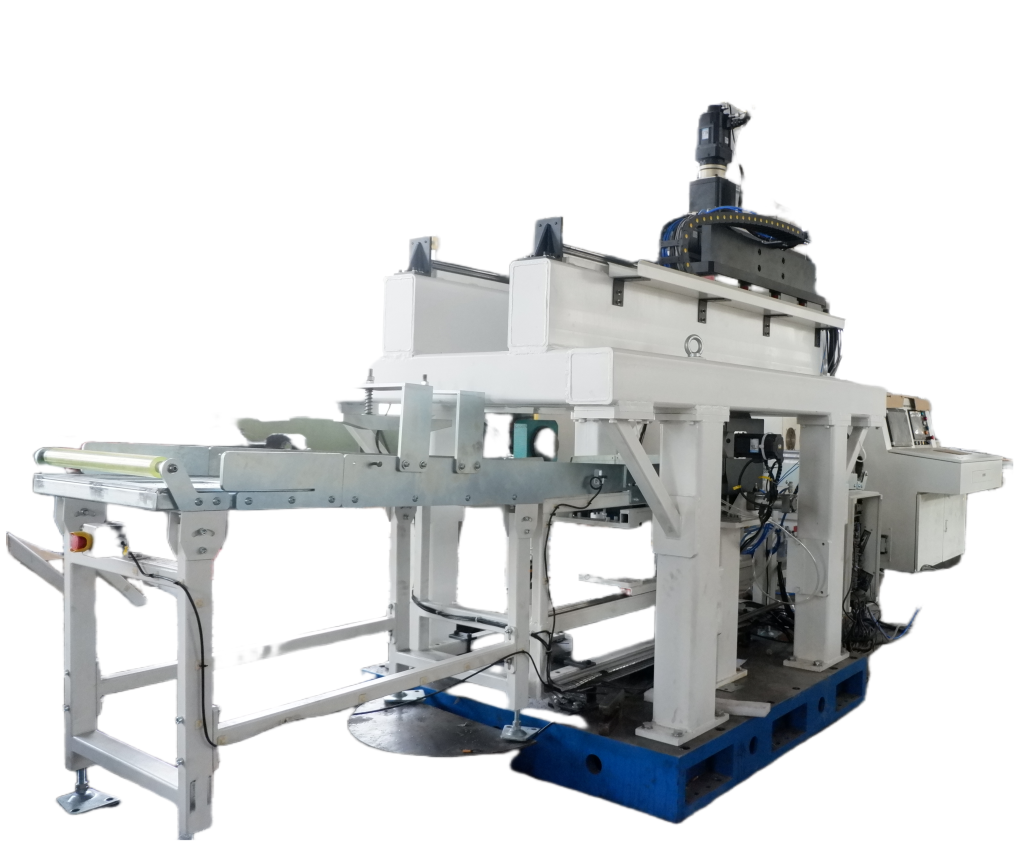
With the advent of technology, online hardness testers have become increasingly popular due to their convenience and efficiency. However, choosing a good online hardness tester is essential for accurate results and overall production quality. The customers need to know the importance of selecting a reliable online hardness tester and the factors to consider during the selection process.
Why Online Hardness Testing Matters
Online hardness testers are integrated into production lines, allowing for real-time monitoring of material properties. This capability offers several advantages:
1. Immediate Feedback: Online testers provide instant results, enabling manufacturers to make quick decisions and adjustments. This immediacy helps in identifying defects early in the production process, reducing waste and costs.
2. Increased Productivity: By automating the hardness testing process, manufacturers can streamline their operations. This automation minimizes downtime and allows for continuous monitoring without the need for manual intervention.
3. Consistency and Accuracy: A good online hardness tester ensures consistent testing conditions, leading to more reliable and accurate results. This consistency is crucial for meeting industry standards and customer specifications.
Key Factors to Consider When Choosing an Online Hardness Tester
When selecting an online hardness tester, several factors should be taken into account to ensure the best fit for your specific needs:
1. Testing Method: Different hardness testing methods (such as Rockwell, Brinell, or Vickers) are suitable for various materials and applications. Choose a tester that aligns with the materials you work with and the standards you need to meet.
2. Material Compatibility: Ensure that the online hardness tester can accommodate the range of materials you use in your production. Some testers are designed for specific materials, while others are more versatile.
3. Calibration and Maintenance: Regular calibration is essential for maintaining accuracy. Look for testers that offer easy calibration procedures and require minimal maintenance to keep your operations running smoothly.
4. Data Management Capabilities: Modern online hardness testers often come equipped with data management software that allows for easy tracking and analysis of results. This feature can enhance your quality control processes and help in identifying trends over time.
5. User-Friendliness: The ease of use of the tester is crucial for ensuring that your team can operate it effectively. A user-friendly interface can reduce training time and minimize the likelihood of errors during testing.
6. Cost-Effectiveness: While it’s important to invest in quality equipment, consider the long-term value of the online hardness tester. Evaluate the initial cost against its durability, maintenance needs, and the benefits it brings to your production process.
The importance of choosing a good online hardness tester cannot be overstated. As the manufacturing landscape becomes increasingly competitive, having reliable and accurate testing equipment is essential for maintaining high-quality standards. By considering factors such as testing methods, material compatibility, calibration, data management, user-friendliness, and cost-effectiveness, manufacturers can select the right online hardness tester that meets their needs. Ultimately, investing in a quality online hardness tester will lead to improved product quality, reduced waste, and greater customer satisfaction in the long run.


